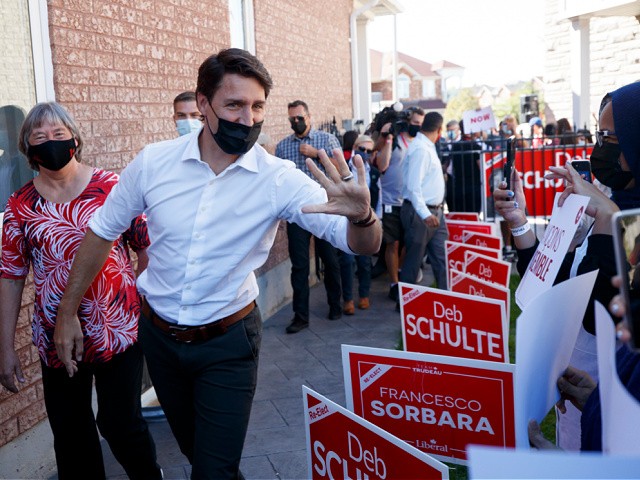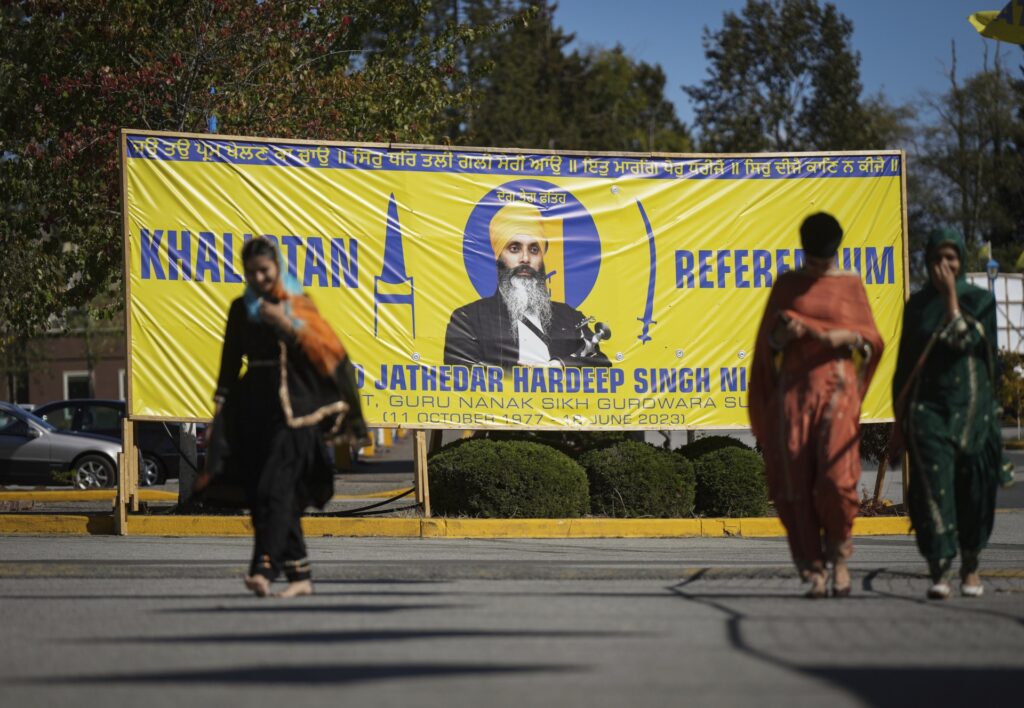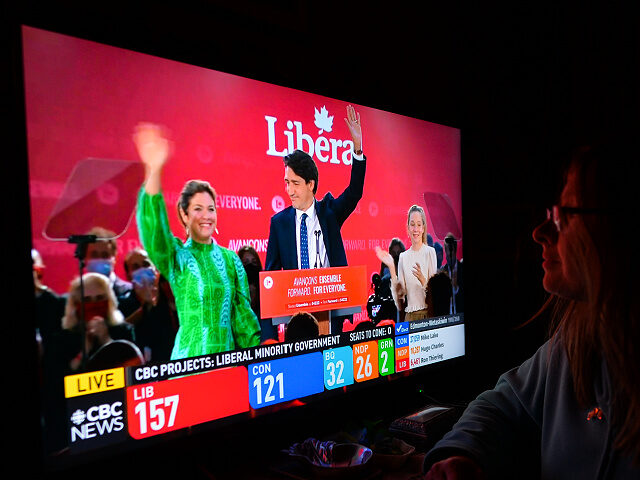Canada’s Foreign Interference Commission issued a report on Friday that said the Indian government might have used proxy agents to pour money into the campaigns of preferred candidates in Canada’s 2019 and 2021 general elections.
The report said the recipients of this “illicit financial support” might have been unaware the money was coming from India. The report said Pakistan also sought to influence the elections, while China was far and away the largest and most organized illicit donor.
“Indian officials in Canada have increasingly relied on Canadian and Canadian-based proxies and the contacts in their networks to conduct foreign interference. This obfuscates any explicit link between India and foreign interference activities. Proxies liaise and work with Indian intelligence officials in India and in Canada, taking both explicit and implicit direction from them,” the report said.
“None of the activities met the threshold to pursue criminal investigations,” the report concluded.
“Our systems remain sound. Voters were able to cast their ballots, their votes were duly registered and counted, and there is nothing to suggest that there was any interference whatsoever in this regard,” said Commissioner Marie-Josee Hogue, the primary author of the report.
Hogue’s report nevertheless denounced foreign interference as a “stain” on Canadian elections, which are meant to be free of “coercion or covert influence.”

Liberal Party Leader, Canadian Prime Minister Justin Trudeau arrives to speak to supporters during a campaign stop on September 19, 2021, in Maple, Canada. (Cole Burston/Getty Images)
The commission said India’s preferred Canadian candidates tended to agree with New Delhi’s position on the Khalistani movement, a Sikh separatist organization.
Canadian Prime Minister Justin Trudeau publicly accused Indian Prime Minister Narendra Modi’s government of assassinating a prominent Khalistani activist named Hardeep Singh Nijjar in Vancouver last June. This led to a major diplomatic crisis between Canada and India.
“India does not differentiate between lawful, pro-Khalistani political advocacy and the relatively small Canada-based Khalistani violent extremism. It views anyone aligned with Khalistani separatism as a seditious threat to India,” the Foreign Interference Commission noted.
On the same day the Foreign Interference Commission released its report, Canadian police arrested three members of the alleged hit squad that murdered Nijjar. The three were allegedly the trigger man, driver, and spotter for the killing.
Canadian officials said the three suspects were all male Indian nationals in their twenties who have lived in Canada for several years. All three arrived on student or temporary visas, which they have overstayed, so they may also face deportation proceedings. Hundreds of Khalistani activists demonstrated outside the courthouse when the three were brought in to hear the charges against them.
Royal Canadian Mounted Police (RCMP) Assistant Commissioner David Teboul said other Indian “sleeper agents” might have been involved in the Nijjar murder, which remains “very much under active investigation.” He hinted that Indian officials have not been terribly cooperative with his office.

A banner that shows the late Sikh separatist leader Hardeep Singh Nijjar is displayed outside the Guru Nanak Sikh Gurdwara Sahib in Surrey, British Columbia, Sept. 18, 2023, where he was gunned down in his vehicle while leaving the temple parking lot. (Darryl Dyck/The Canadian Press via AP, File)
“We stand by the allegations that a Canadian was killed on Canadian soil by Indian agents,” Canadian Foreign Minister Melanie Joly said on Thursday.
“The investigation by the RCMP is being done. I won’t further comment and no other officials from our government will further comment,” she said.
The Indian government has dismissed Canada’s allegations regarding Nijjar’s murder as “absurd” and politically “motivated.”
On Thursday, the Indian foreign ministry said Canada informed them about the arrest of the three alleged killers but said the Canadians provided no evidence of their guilt. India also complained that Canada has allowed Indian nationals accused of terrorism and organized crime to settle on Canadian soil, and has been slow to respond to extradition requests.
India also “strongly rejected” what it called “baseless allegations of Indian interference in Canadian elections” when the Canadian Security Intelligence Service (CSIS) leveled such allegations in April.
“It is not Government of India’s policy to interfere in democratic processes of other countries. In fact, quite on the reverse, it is Canada which has been interfering in our internal affairs,” the Indian foreign ministry said last month.

COMMENTS
Please let us know if you're having issues with commenting.